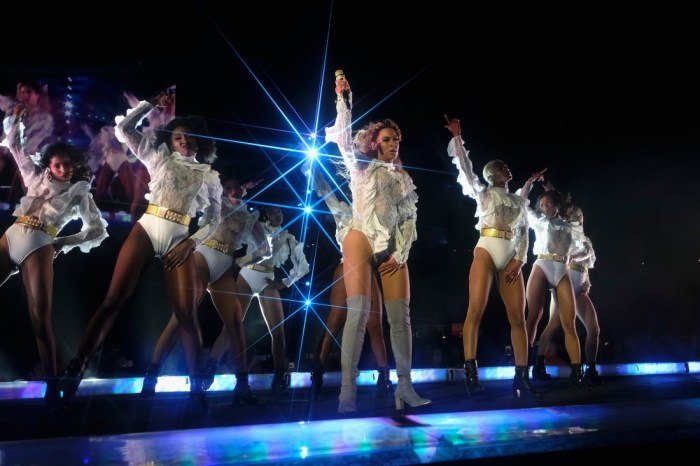Virtual-reality press trips, mobile offices, Skype meetings: what’s the workplace of the future going to be like?
Video-conferencing specialist Polycom, in collaboration with Global Nomads Group, which connects classrooms from around the world through technology, put that question to 25 middle schoolers earlier this month. The students conferenced in from classrooms in New York City, Pakistan, Jordan and Thailand. Here’s what they said. RELATED: Yes, you CAN get work done in a coworking space — here’s how Offices will be more global
With the word becoming more connected — all the students taking part in the videoconference had Facebook — it makes sense that young people would expect the workplace of the future to demand collaboration with different countries and cultures. “In general, we’re not doing a really good job in our schools preparing our students for that,” says Chris Plutte, executive director of Global Nomads Group. “Through our programs, we’re trying to give young people this opportunity to collaborate and connect with other kids throughout the world to prepare them for success.” They can work from anywhere
Just as the idea of dealing with — and even traveling to — other cultures may seem natural to them, the thought of being stuck in a physical office, or tied to a particular company, for the whole of their working life is anathema. “It’s not about where you work, but it’s about what you do,” says Laura Owen, chief human resources officer at Polycom. (Which given our increasingly freelance economy, and focus on work-life balance, is probably smart.) We’ll be interacting with holograms
One student from New York said he was hoping that the future workplace would include holograms. But he may not have been far off. “We just did our first 3D video for doctors, of an open-heart surgery, which was projected for medical students,” says Owen. “So holograms may be in our near future.”
What kids think the future workplace will look like

iStock


















